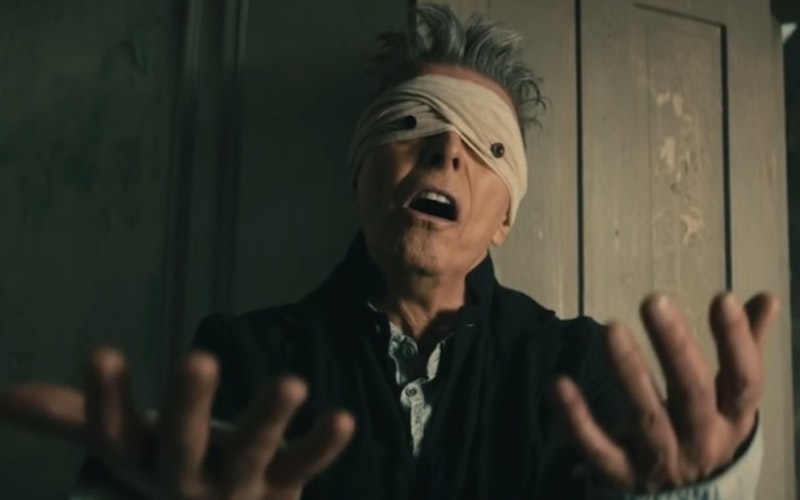
Music
David Bowie and the passing of a Blackstar
When I was about 13 and consumed with self-doubt, desperate faith and a terrifying search for purpose, I found a world of adventurous, Jesus-focused music that was far off the pop radar. I dived head first down that rabbit hole, leaving most mainstream music behind. There were a few artists, however, who stayed with me during my sojourn. David Bowie was one.
The first full-length rock album I bought with my own money was Queen’s Greatest Hits. Well, actually I owned Side A and my brother owned Side B, as that was the only way we could come up with the $7.77 that Kmart wanted for the LP. At first my favorite song on that record was “Another One Bites the Dust,” but it didn’t take long for “Under Pressure” to eclipse everything else. I nearly wept when Bowie’s baritone gurgled to the foreground, bellowing, “It’s the terror of knowing what this world is about / Watching some good friends screaming ‘Let me out!’” That was exactly what I was screaming. Later in the song, Bowie and Freddie Mercury sang one of the most Gospel-tinged lyrics ever to thrive on pop radio: “Love’s such an old-fashioned word / And love dares you to care for the people on the edge of the night / And love dares you to change our way of caring for ourselves … This is our last dance / This is ourselves / Under pressure.” It was Bowie who crafted the lyric.
“Let’s Dance” and “China Girl” caught my attention the following year, but when a late-night FM radio station played The Rise and Fall of Ziggy Stardust and the Spiders from Mars from top to bottom one night, my mind was blown. Sure, his music was out there, his earlier look was bizarre and the characters in his songs were not the types of people you’d expect to find at church. Yet he captured the confusion and desperation of the modern age like no other pop artist, while also recognizing that each of us, as alone as we might feel, is part of an expansive family just waiting to join the party feast at the end of the world. We are all waiting for our spaceship to land, or crash.
Bowie captured the confusion and desperation of the modern age like no other pop artist.
For nearly 50 years, Bowie demonstrated his ability to both challenge conventions and to celebrate them. He used music and theater to reveal universal human struggles and to imagine a silver thread holding us all together. And now, it seems, he has turned the process of dying into his final work of art.
When Blackstar was released last week, on Bowie’s 69th birthday, I knew it would take a while for me to process. Whereas his previous album, 2013’s The Next Day, was instantly accessible, Blackstar is a much more experimental, jazz-based, oblique work. The two videos released in advance of the record, both of which featured Bowie’s eyes covered in bandages, reference death, resurrection, the afterlife, false pursuits, frailty and hope. More theater, I supposed. When I awoke this morning to the news that Bowie, born David Robert Jones, had passed away late last night after an 18-month struggle with an unspecified and unpublicized cancer, I was shocked. “Look up here, I’m in heaven,” he sang to me in the wee hours of the morning. The song “Lazarus,” from Blackstar, continues: “I’ve got scars that can’t be seen. I’ve got drama can’t be stolen. Everybody knows me now.”
Chills, and tears.
The prophet Isaiah spoke of a lavish banquet that the Lord Almighty will prepare for all peoples. That same feast, with its aged wine and fine meat, is referenced in Jesus’ Parable of the Great Banquet. There, the host is ignored by those who were invited, so he opens his doors to the needy, the outcasts and the broken. Ziggy, Major Tom, Aladdin Sane and David Bowie are all characters that aren’t likely to appear on the guest list at a Christian conference. Their search for peace and purpose, however, might incline them to accept that invitation to the final bash. Peace to you, David, and may God’s love be with you and us all.
Topics: Music, Culture At Large, Arts & Leisure